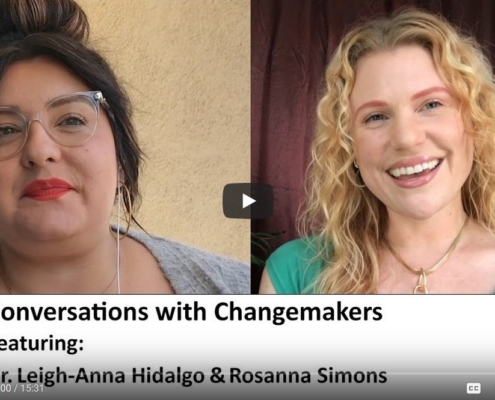
LA Social Science Presents “Conversations with Changemakers” Featuring Dr. Leigh-Anna Hidalgo & Rosanna Simons (VID)
The grassroots organization People for People (Gente por…
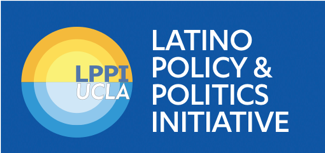
UCLA Report Reveals Economic Uncertainty for Latino Neighborhoods During Pandemic
UCLA's Latino Policy and Politics Initiative (LPPI) in partnership…

UCLA Gender Studies Junior Faculty Awarded Woodrow Wilson Fellowships
The Woodrow Wilson Foundation has officially announced fellowship…

LA Social Science Presents “Conversations with Changemakers” Featuring UCLA Alum Karina Ramos (Video)
UCLA alum Karina Ramos ('99) an attorney at Immigrant Defenders…
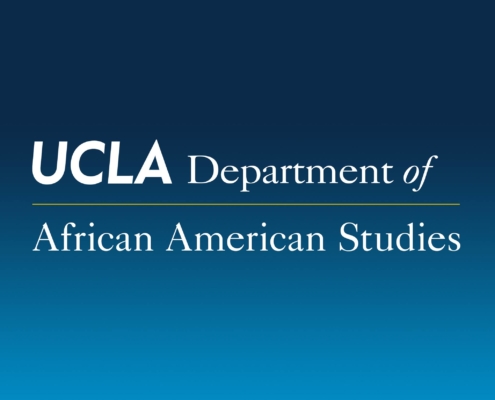
LA Social Science Summer Course Previews: African American Studies Presents “Reproducing While Black”
As summer 2020 approaches, LA Social Science will be highlighting…

LA Social Science Summer Course Previews: Gender Studies Courses Offered in Sessions A and C
As summer 2020 approaches, LA Social Science will be highlighting…

UCLA California Policy Lab Releases Report on the Impact of COVID-19 on California’s Labor Market
New Analysis of Unemployment Insurance Claims in California Provides…
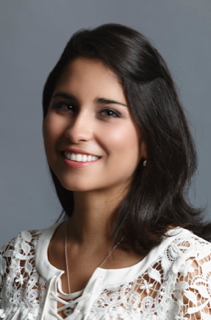
UCLA Economics Doctoral Student Selected to Attend the Lindau Nobel Laureate Meetings
Diana Van Patten, a UCLA Economics Department doctoral student,…
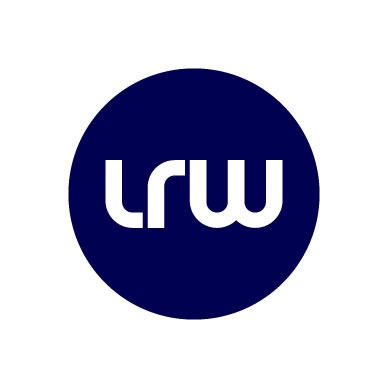
Community Partners in the News: UCLA Alum’s LRW Group Contributes to LA County COVID-19 Study
LRW Group, a local marketing services firm and UCLA Division…
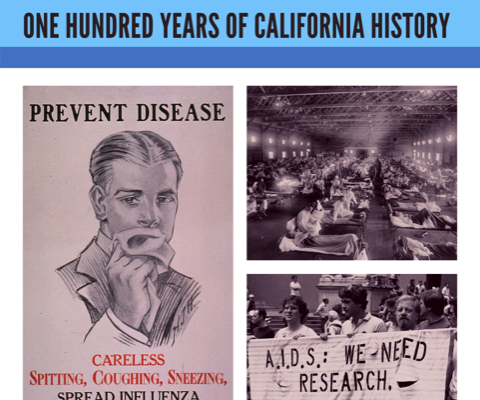
Pandemics Past and Present: One Hundred Years of California History
The UCLA Luskin Center for History and Policy (LCHP) has…

